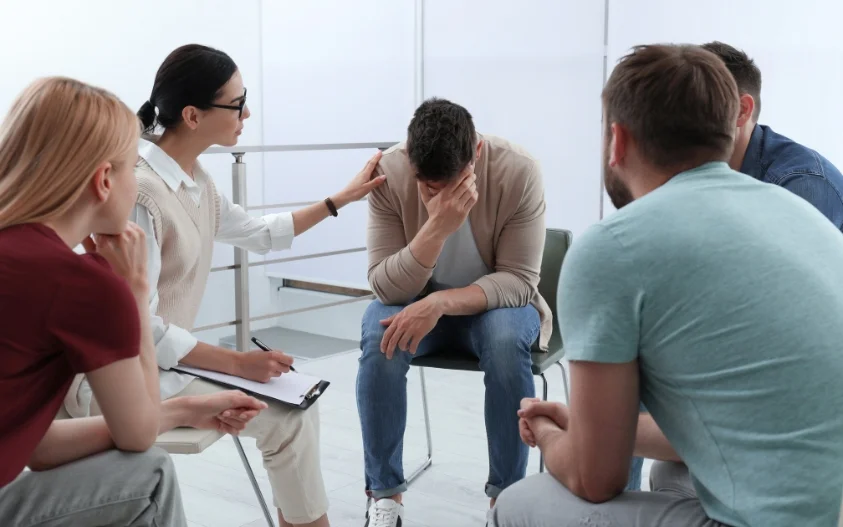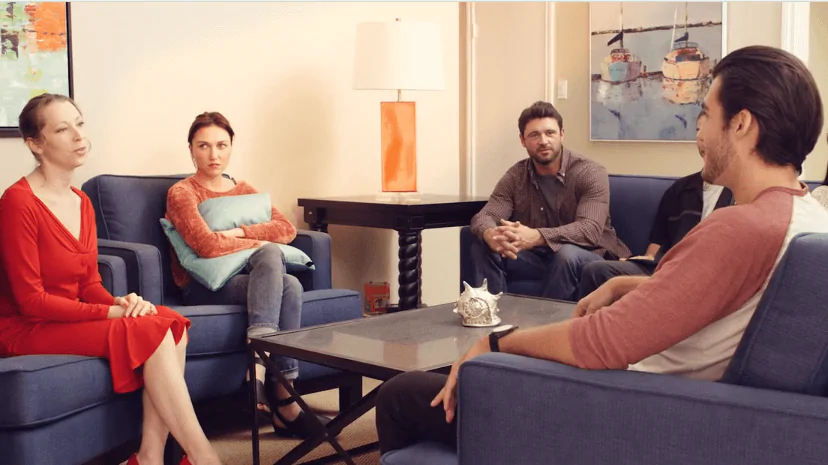24/7 Helpline:
(866) 899-221924/7 Helpline:
(866) 899-2219
Other Insurance Options

Providence

Lucent

ComPsych

Carleon

UMR

Medical Mutual of Ohio

UnitedHealth Group
Beacon

Anthem

Highmark

Choice Care Network

BlueCross

Covered California

Multiplan

Magellan

Sutter

WellPoint

GEHA

Sliding scale payment assistance

Molina Healthcare

Rogers County Drug Abuse Program
Rogers County Drug Abuse Program is a private rehab located in Claremore, Oklahoma. Rogers County Dr...

Hope Center Ministries – Claremore Women’s Center
Hope Center Ministries - Women's Center is a rehab facility, specializes in the treatment of alcohol...



















































Human Skills and Resources
Human Skills and Resources is a private rehab located in Claremore, Oklahoma. Human Skills and Resou...

Grand Lake Mental Health Center
Grand Lake Mental Health Center is a private rehab located in Claremore, Oklahoma. Grand Lake Mental...

Grand Lake Mental Health Center – South Highway 88
Grand Lake Mental Health Center – South Highway 88 is a private rehab located in Claremore, Oklahoma...

YouthCare of Oklahoma
YouthCare of Oklahoma is an outpatient clinic that provides mental health and substance use treatmen...

AA – Alcoholics Anonymous
AA – Alcoholics Anonymous is a private rehab located in Claremore, Oklahoma. AA – Alcoholics Anonymo...
























